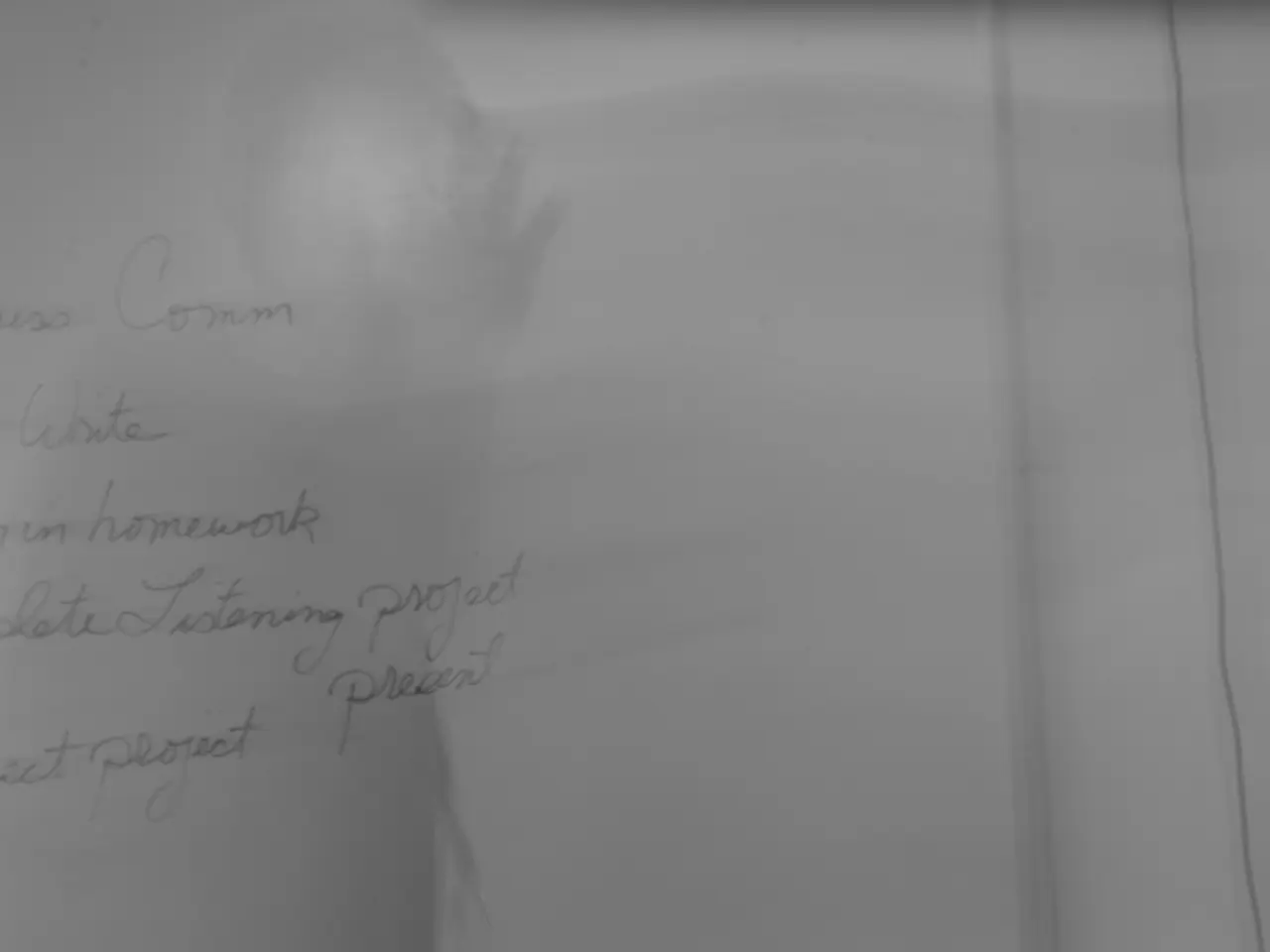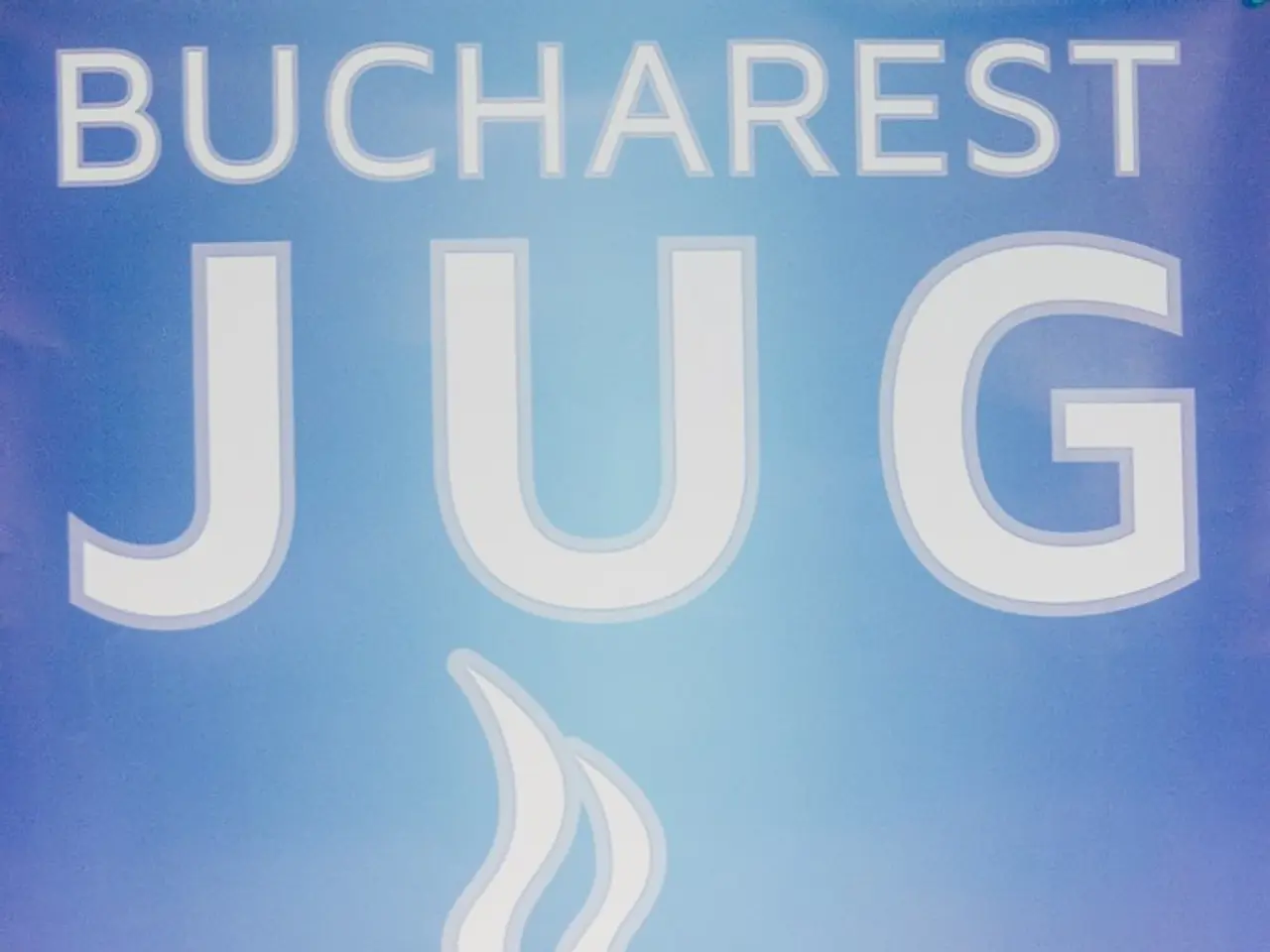America Contemplates Eliminating Customs Duties on Incoming Coffee and Cacao
In the third week of the new administration, trade negotiations continue to shape the global market. This week, we focus on the U.S.'s trade agreements with Indonesia and the European Union.
Indonesia, a significant supplier of coffee to the U.S., could face challenging trade conditions if a proposed 50% tariff on its products takes effect on August 1. However, the new trade agreement between the United States and Indonesia involves Indonesia eliminating 99% of its tariff barriers on American industrial, tech, and agricultural goods, effectively granting U.S. products tariff-free access to the Indonesian market. The U.S., on the other hand, maintains a 19% tariff on Indonesian products entering the U.S. market. It's worth noting that this agreement does not explicitly mention coffee and cocoa being exempted from import tariffs [1][4][5].
Indonesia has also agreed to lift export restrictions on critical minerals, such as nickel, giving the U.S. access to these natural resources. Indonesia is committed to concluding trade agreements with the European Union by September 2025, but no detailed information on tariff exemptions for natural resources like coffee and cocoa in relation to the U.S.-EU agreements was found [2].
The renegotiation of the USMCA trade deal is another key focus for the Trump administration, with the aim of protecting American jobs. The specific issues being discussed in the USMCA renegotiation remain undisclosed.
United States Commerce Secretary Howard Lutnick announced that President Donald Trump has approved zero tariffs for natural resources like coffee and cocoa in trade deals with countries such as Indonesia and the European Union. However, the article does not provide any information about the impact of these tariff changes on the prices of coffee and cocoa in the U.S.
The potential 50% tariff on Brazilian products is linked to political tensions, as President Trump has expressed dissatisfaction with the Brazilian judiciary's treatment of former President Jair Bolsonaro, a political ally. The article does not provide any information about the potential impact of the tariff war on jobs in either the EU or the U.S.
The IndexBox Market Intelligence Platform is the source of the information provided in this article. It's important to note that the article does not provide any information about the potential impact of the tariff war on other trade agreements, such as the one between the U.S. and Indonesia, or on the economies of the EU and the U.S., or on the prices of goods and commodities in either the EU or the U.S.
This article is part of a series titled "Week Three in Trade - First 100 Days of the New Administration", published in the Daily.
[1] https://www.indexbox.io/latest-news/2021/03/29/indonesia-eliminates-99-of-tariffs-on-u-s-industrial-tech-and-agricultural-goods/ [2] https://www.indexbox.io/latest-news/2021/03/29/indonesia-plans-to-conclude-trade-agreements-with-the-european-union-by-september-2025/ [3] (Not available) [4] https://www.indexbox.io/latest-news/2021/03/29/indonesia-lifts-export-restrictions-on-critical-minerals-for-the-u-s/ [5] https://www.indexbox.io/latest-news/2021/03/29/united-states-commerce-secretary-howard-lutnick-announces-zero-tariffs-for-natural-resources-like-coffee-and-cocoa-in-trade-deals-with-countries-such-as-indonesia-and-the-european-union/
- The ongoing trade negotiations under the new administration not only impact general-news but also significantly influence the finance, business, and politics sectors, as demonstrated by the potential 50% tariff on Indonesian products and the renegotiation of the USMCA trade deal.
- The U.S.'s trade agreements with countries like Indonesia and the European Union, such as the new trade agreement with Indonesia and the planned EU agreement by September 2025, will have profound effects on the global trade landscape, particularly for industries like coffee, tech, agriculture, and critical minerals like nickel.




